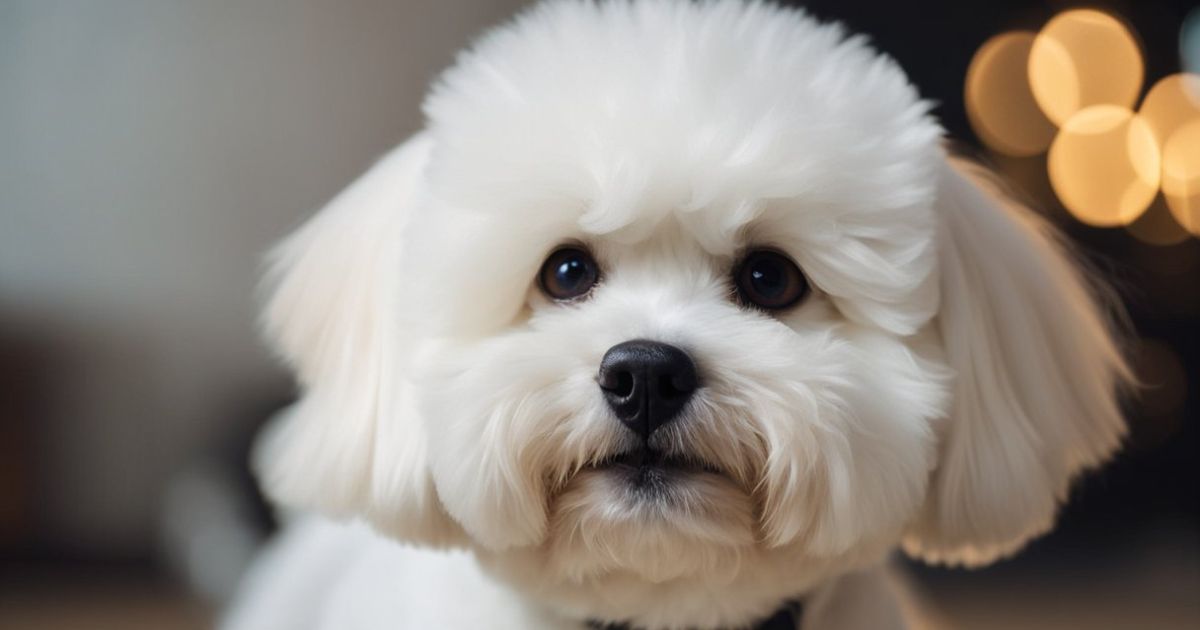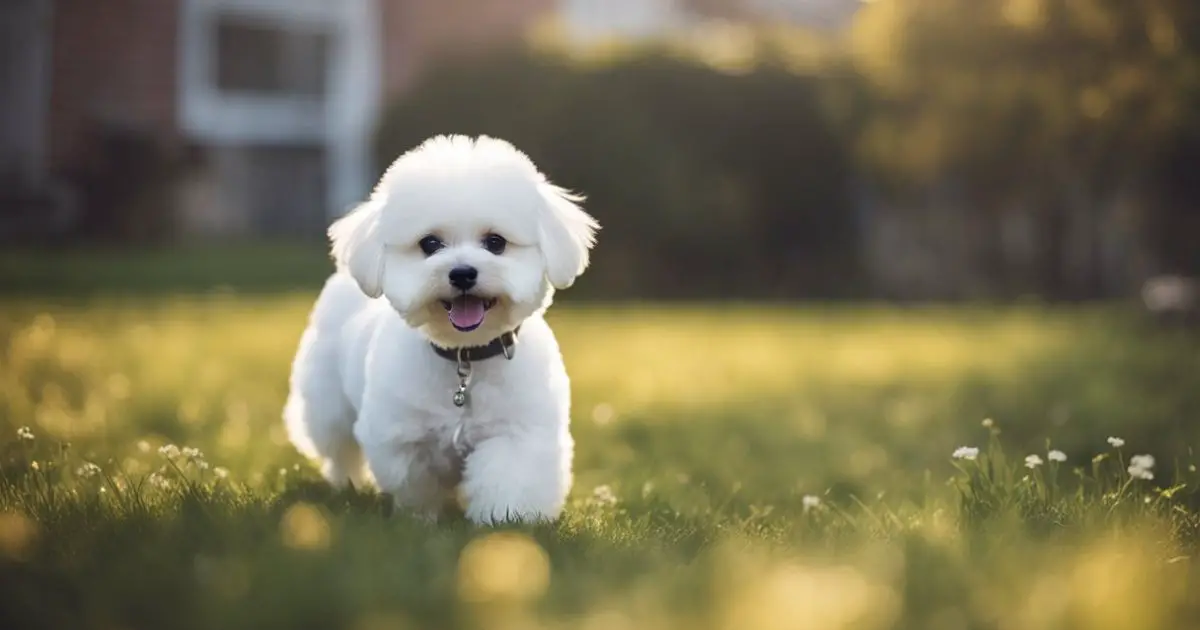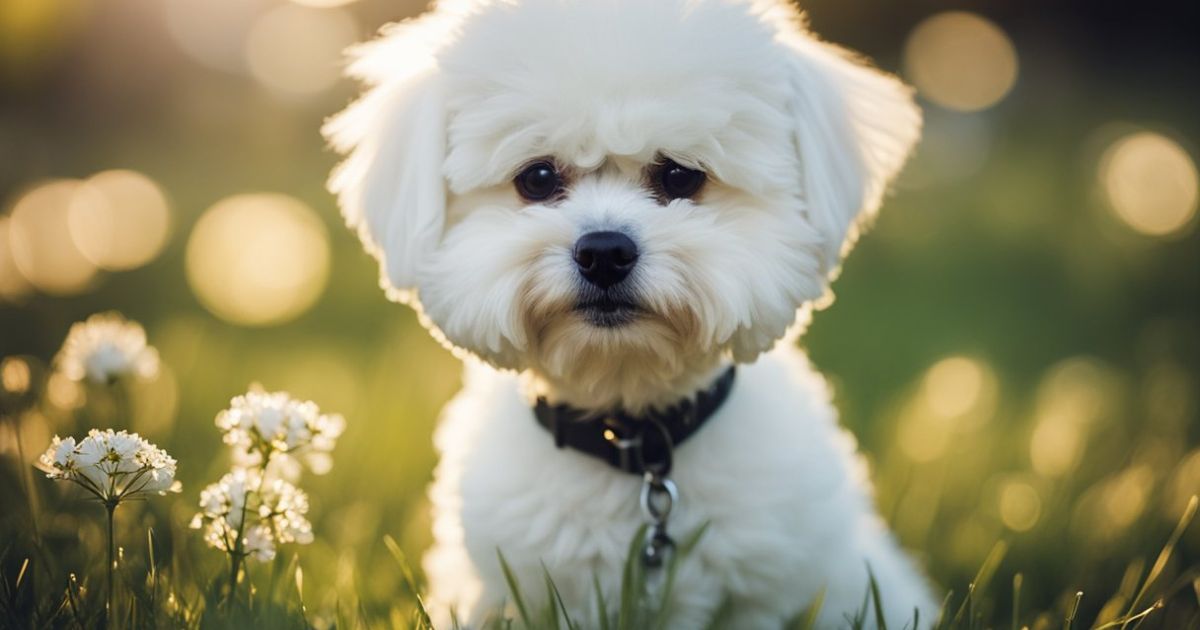What to Know
Bichon Frises are a popular dog breed known for their playful and affectionate personalities. As a pet owner, it is natural to wonder how long your furry friend will be by your side. The lifespan of a Bichon Frise can vary depending on various factors, including genetics, environment, and overall health. In this article, we will explore how long a Bichon Frise should live and what factors can affect their lifespan.
Understanding the Bichon Frise breed is essential when discussing their lifespan. These small dogs were originally bred as companion animals and are known for their cheerful and affectionate personalities. They are generally healthy dogs and can live a long life with proper care. However, like all breeds, they can be prone to certain health issues that can affect their lifespan. By learning more about the Bichon Frise breed and their unique characteristics, we can gain a better understanding of their lifespan expectancy.
Key Takeaways
- The lifespan of a Bichon Frise can vary depending on factors such as genetics, environment, and overall health.
- Bichon Frises are generally healthy dogs known for their cheerful and affectionate personalities.
- Learning more about the Bichon Frise breed and their unique characteristics can help us understand their lifespan expectancy.
How Long Should a Bichon Live?

The Bichon Frise is a small breed of dog that has been around for centuries. The breed originated in the Mediterranean region, specifically in Spain and was popular among sailors who used them as companions on their long voyages. The breed was also a favorite of French royalty and became popular in France during the Renaissance.
The American Kennel Club (AKC) officially recognized the Bichon Frise as a purebred in 1972. Since then, the breed has become increasingly popular in the United States and around the world.
Bichon Frises are known for their fluffy white coat and playful personalities. They are small dogs, typically weighing between 10 and 18 pounds and standing about 9 to 12 inches tall at the shoulder. The breed is considered a toy dog and is one of the smallest breeds recognized by the AKC.
The Bichon Frise is a relatively healthy breed, with an average lifespan of between 12 and 16 years. However, like all purebred dogs, they can be prone to certain health issues. It is important to choose a reputable breeder and to keep up with regular vet visits to ensure your Bichon Frise stays healthy.
One of the reasons the Bichon Frise is so popular is their hypoallergenic coat. This means that they do not shed much, making them a good choice for people with allergies. However, their coat does require regular grooming to prevent matting and to keep it looking fluffy and white.
In terms of personality, the Bichon Frise is known for being affectionate and playful. They are great with children and make excellent family pets. However, they can be prone to separation anxiety and do not like to be left alone for long periods of time.
Overall, the Bichon Frise is a wonderful breed that is well-suited to many different types of homes. Whether you live in an apartment or a house, with or without children, the Bichon Frise is sure to bring joy and love to your life.
Physical Characteristics of Bichon Frise

Bichon Frise is a small breed that is known for its fluffy and hypoallergenic coat. They are playful, and affectionate, and make great companions. In this section, we’ll take a closer look at the physical characteristics of the Bichon Frise.
Size and Weight
The Bichon Frise is a small dog breed that typically weighs between 10-18 pounds and stands 9.5-11.5 inches tall. They are considered to be in the toy dog group due to their small size.
Distinctive Coat and Colors
One of the most distinctive features of the Bichon Frise is its fluffy, hypoallergenic coat. Their coat is curly and dense, which helps to prevent matting. The Bichon Frise comes in a variety of colors, including white, cream, apricot, and gray.
Energy and Playfulness
Bichon Frises are known for their high energy levels and playful personalities. They require daily exercise and playtime to keep them happy and healthy. They are also known for their agility and obedience, making them great candidates for dog sports.
Gender Differences
Male and female Bichon Frises are similar in size and weight. However, male Bichon Frises may be more prone to marking their territory and may require more training in this area.
Bichon Frise and Other Pets
Bichon Frises are social dogs and generally get along well with other pets, including cats. However, it’s important to socialize them properly to prevent any potential conflicts.
Training the Bichon Frise
Bichon Frises are intelligent dogs that are easy to train. They respond well to positive reinforcement and enjoy learning new tricks and commands.
Feeding and Nutrition
Bichon Frises require a healthy and balanced diet to maintain their health and energy levels. It’s important to provide them with high-quality dog food and to monitor their calorie intake to prevent obesity.
Bichon Frise Lifespan
The average lifespan of a Bichon Frise is between 12-15 years. However, with proper care and attention, some Bichon Frise can live up to 20 years.
Health Conditions and Diseases
Bichon Frises are generally healthy dogs, but they may be prone to certain health conditions and diseases, including luxating patella, cataracts, ear infections, cancer, bladder infections, and heart problems. Regular visits to the veterinarian can help to prevent and treat these conditions.
Bichon Frise Aging Process
As Bichon Frises age, they may experience certain health issues, such as arthritis and separation anxiety. It’s important to provide them with a comfortable and safe environment and to monitor their health closely.
Healthcare and Vet Visits
Regular visits to the veterinarian are essential for maintaining the health of your Bichon Frise. This includes routine check-ups, vaccinations, and dental care.
Choosing a Bichon Frise Breeder
When choosing a Bichon Frise breeder, it’s important to choose a responsible and reputable breeder who uses healthy breeding stock and follows ethical breeding practices.
Caring for Your Bichon Frise
Caring for your Bichon Frise involves providing them with a clean, comfortable, and safe environment, as well as regular exercise, grooming, and healthcare.
Common Bichon Frise Behaviors
Bichon Frises are known for their playful and affectionate personalities, as well as their tendency to bark. They may also be prone to separation anxiety and require plenty of attention and socialization.
Bichon Frise in Comparison to Other Breeds
Compared to other dog breeds, the Bichon Frise is known for its high energy levels, intelligence, and hypoallergenic coat. They make great companions for families and individuals who are looking for a small, playful, and affectionate dog.
FAQs

What is the average lifespan of a Bichon Frise?
The average lifespan of a Bichon Frise is between 12 and 15 years. However, some Bichons have been known to live up to 20 years or more.
What are some factors that can affect a Bichon Frise’s lifespan?
Several factors can affect a Bichon Frise’s lifespan, including genetics, diet, exercise, and overall health. Providing proper care, including regular veterinary checkups, can also help ensure a longer lifespan.
Are there any health problems that commonly affect Bichon Frises?
Bichon Frises are generally healthy dogs, but they can still be prone to certain health problems. Some of the most common health issues that affect Bichons include allergies, dental problems, and skin conditions.
What is the oldest recorded age of a Bichon Frise?
The oldest recorded age of a Bichon Frise is 21 years old. However, it’s important to note that this is an exception, and most Bichons will not live this long.
How can you ensure your Bichon Frise lives a long and healthy life?
To ensure your Bichon Frise lives a long and healthy life, it’s important to provide them with proper nutrition, regular exercise, and routine veterinary care. You should also make sure that they are up to date on their vaccinations and that they receive preventative care, such as flea and tick treatments.
What are some signs that your Bichon Frise is aging?
As Bichons age, they may experience a range of physical and behavioral changes. Some common signs of aging in Bichons include decreased activity levels, changes in appetite, and the development of gray hair around the face and muzzle. Additionally, older Bichons may be more prone to health problems and may require more frequent veterinary checkups.




Leave a Reply
You must be logged in to post a comment.